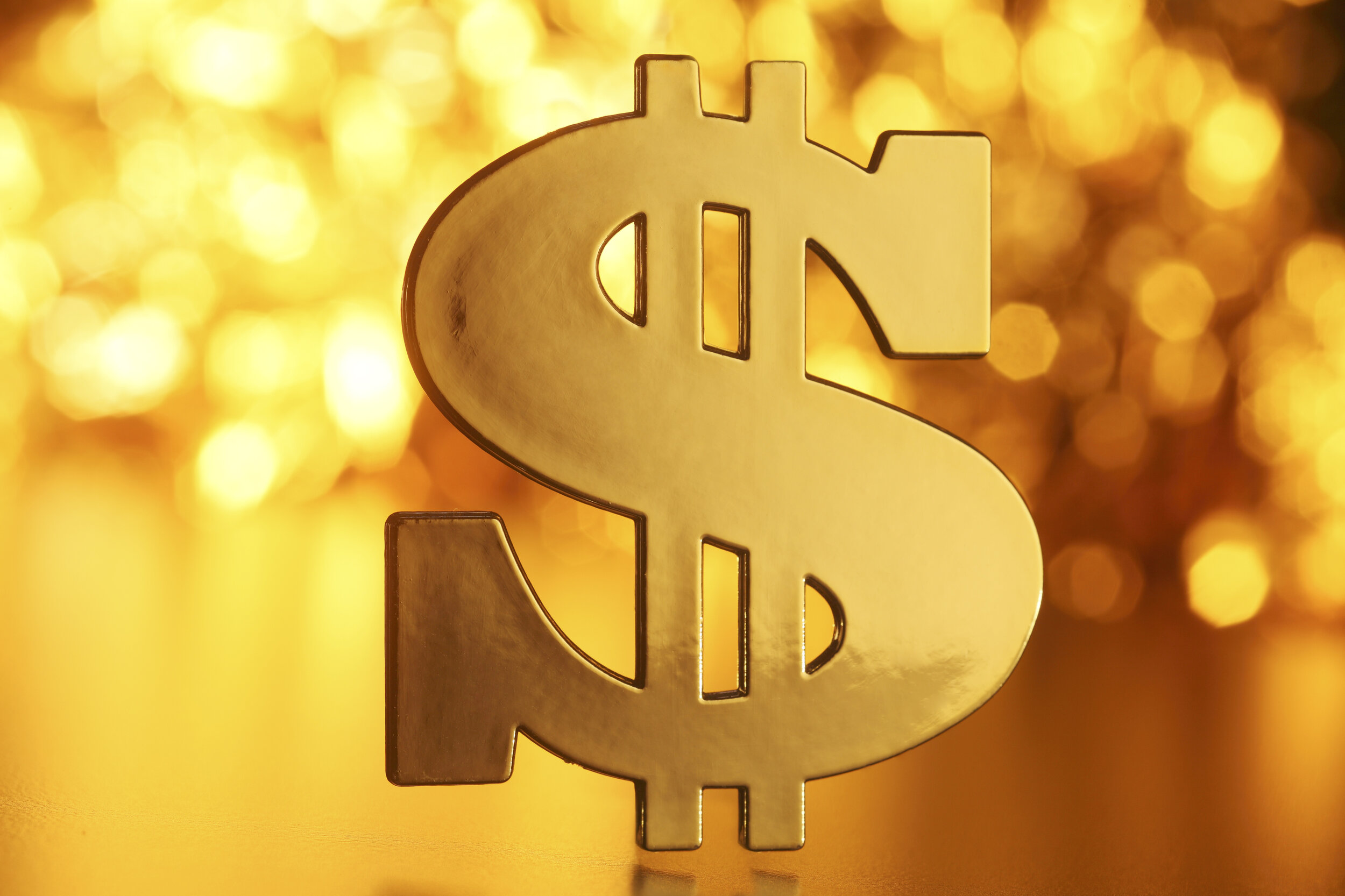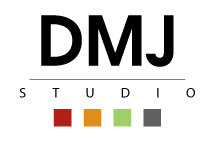
Human Centered Capitalism
and the Arts
We cannot measure the worth of culture and heritage solely in pounds and pence," but values the arts "because they are our heart, our soul, our essence."
Fiona Hyslop - Scottish National Party
Before COVID-19, the discussion of money and the arts was on-going in my circles. How do we get enough money to create an exhibit? Where do we go to get funding for our gallery? Where are the art collectors and how do we get our work seen and purchased by them? Do I need gallery representation? How do you get your work in the auctions? Should I do the art fair circuit or stick to galleries or both? How do these paintings sell for a trillion dollars? Why do the same organizations get funded? These are just a few of the questions artists ponder daily, and now, because of COVID-19, the question is why does money affect and control so much of what we do and create in the arts. This is not sustainable.
The world of visual arts as a way to make a living was already built on fragile ground. This virus has shine a light on these cracks making us evaluate how to move forward. Right now more than 90% of artists income have been reduced or no longer exist. Art commissions, art collecting and famous artists have been part of this industry for centuries, but the disparity in opportunity and access has grown wider over the decades.
Art is the heart, soul and compass of society has been chasing money for decades and in doing so, has unfortunately turned it’s power over to money and those who hold the purses. Money controls the direction of the art. What is hot and what is not. It not only controls what goes in the galleries and museums, it in starting to control the art in our neighborhoods as well. This “abrupt stop” in our world and economy is a time to re-access the relationship between arts and money.
So here are some big questions to ponder and hopefully answer: Is money the only resource that can support artists and the art industry? Is money the only thing that drives us to create and succeed? Is money and fame the only thing that validate what we do? If not, what other resources can we validate and use as artists ? Can other things like time, skill-sharing, information, social networks or art itself be valuable ways to support and build the art industry to make it more sustainable, make it more human-centered and create more successful artists living a quality lifestyle as artists
This page will be where I hope to answer these questions and do research on changing our value systems, our definition of success and what we give power to in the art world.
Things we need to know about our current Economy and Currency:
American economy has only grown 25% compared to 38% in the 1990s and 43% in the 1980s
We have a low unemployment rate, but part of this is due to people dropping out of the workforce, giving up on finding work (U.S. Labor Force).
There are many jobs being created, but the labor force is not skilled in these new jobs and cannot afford to get the skills.
U.S. corporate dated is 46% of GDP. That is $9.4 trillion and these same companies are not investing in anything but themselves.
75% of Americans are leaving either check-to-check or at or below poverty line
American wages have been stagnated for the past 40 years.
Income gaps caused by inequality and racism are leaving a large part of American society behind.
Artists actually contribute $760 Billion to the U.S. Economy
Some links on American Economy:
Art is Not a Job. It is More than a Career
The thing is, we have been trying to make art a job, when the actuality is art is more than that. It is a calling, it is what cultivates the world and give the world voice. This cannot be valued using a simple system based on money. Types of currencies and economies. What we must create is an economy for artists that includes a mix of currencies and systems that help supports a healthy lifestyle for artists. Some of the different systems that we will explore:
Bartering system: Barter is an act of trading goods or services between two or more parties without the use of money. In essence, bartering involves the provision of one good or service by one party in return for another good or service from another party.
(https://www.investopedia.com/terms/b/barter.asp)Gift economy: The gift economy refers to economic activity characterized by offering services and goods to other members of the community without the expectation of monetary reward. (https://www.economicshelp.org/blog/155069/economics/the-gift-economy/)
Time banking: Time banking is a labor-time based bartering system, where people exchange services for hourly time credits, rather than money. (https://www.investopedia.com/terms/t/time-banking.asp)
Blockchain: Blockchain is a distributed database existing on multiple computers at the same time. It is constantly growing as new sets of recordings, or 'blocks', are added to it. Each block contains a timestamp and a link to the previous block, so they actually form a chain
Cryptocurrency: Cryptocurrency is a type of digital currency that uses cryptography for security and anti-counterfeiting measures. Public and private keys are often used to transfer cryptocurrency between individuals.
As a counter-culture movement that is often connected to cypherpunks, cryptocurrency is essentially a fiat currency. This means users must reach a consensus about cryptocurrency's value and use it as an exchange medium. However, because it is not tied to a particular country, its value is not controlled by a central bank. With bitcoin, the leading functioning example of cryptocurrency, value is determined by market supply and demand, meaning that it behaves much like precious metals, like silver and gold. (https://www.techopedia.com/definition/27531/cryptocurrency)
Types of currency we will evaluate and learn about:
Currency: Art
Currency: Information
Currency: Time
Currency: Skill
RESEARCH:
These are links to different ways of thinking about currency, resources and success that may be part of the answer to building different resources for artists. We will continue to add to this list.
Links
How the Arts Effect the Economy:
BOOKS:
Information Currency: The New Green 2020: Currency Valuation Technology
Big Bucks: The Explosion of the Art Market in the 21st Century
Dark Side of the Boom: The Excesses Of The Art Market In The 21st Century
The Artist Entrepreneur: Finding Success in a New Arts Economy
Stand out of our Light: Freedom and Resistance in the Attention Economy
